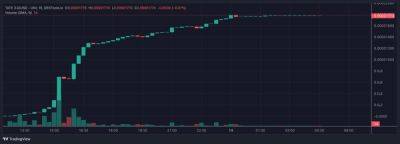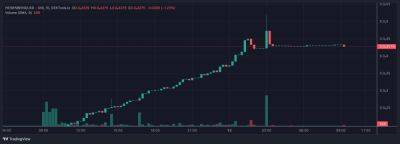Nigerian crypto tax move is ‘premature’ — Local stakeholders
The president of the Stakeholders in Blockchain Technology Association of Nigeria (SIBAN), Obinna Iwunna, has commented on the implementation of the Finance Act, 2023, which was signed into law on May 28. According to Iwunna, the successful execution of the law will be challenging due to its premature introduction.
The act introduces a series of tax reforms aimed at modernizing the country’s fiscal framework. Among its provisions was the introduction of a 10% tax on gains from the disposal of digital assets, including cryptocurrencies.
In a Cointelegraph interview, Iwunna criticized implementing a 10% tax on cryptocurrencies in the current uncertain climate, likening it to putting the cart before the horse. He highlighted the ongoing issue with the Central Bank of Nigeria (CBN) instructing commercial banks not to facilitate financial transactions involving cryptocurrencies.
As commercial banks still cannot process cryptocurrency transactions, he questioned how taxing something not recognized or defined is possible, emphasizing the need for clarity and enabling infrastructure before imposing taxes. In support of this, Iwunna referenced how Nigeria’s National Information Technology Development Agency (NITDA) defined blockchain technology through a collaborative effort and formulation of a national policy.
Just read that very soon you all will start paying taxes on your crypto and Forex profits in Nigeria. 10% of your capital gains goes to government . What are we going to get in return?
Iwunna stressed cryptocurrency involves security, currency and technology, overseen by the Nigerian Securities and Exchange Commission (SEC), the CBN and NITDA, respectively. Each entity has a specific role to play, but a comprehensive and
Read more on cointelegraph.com




















